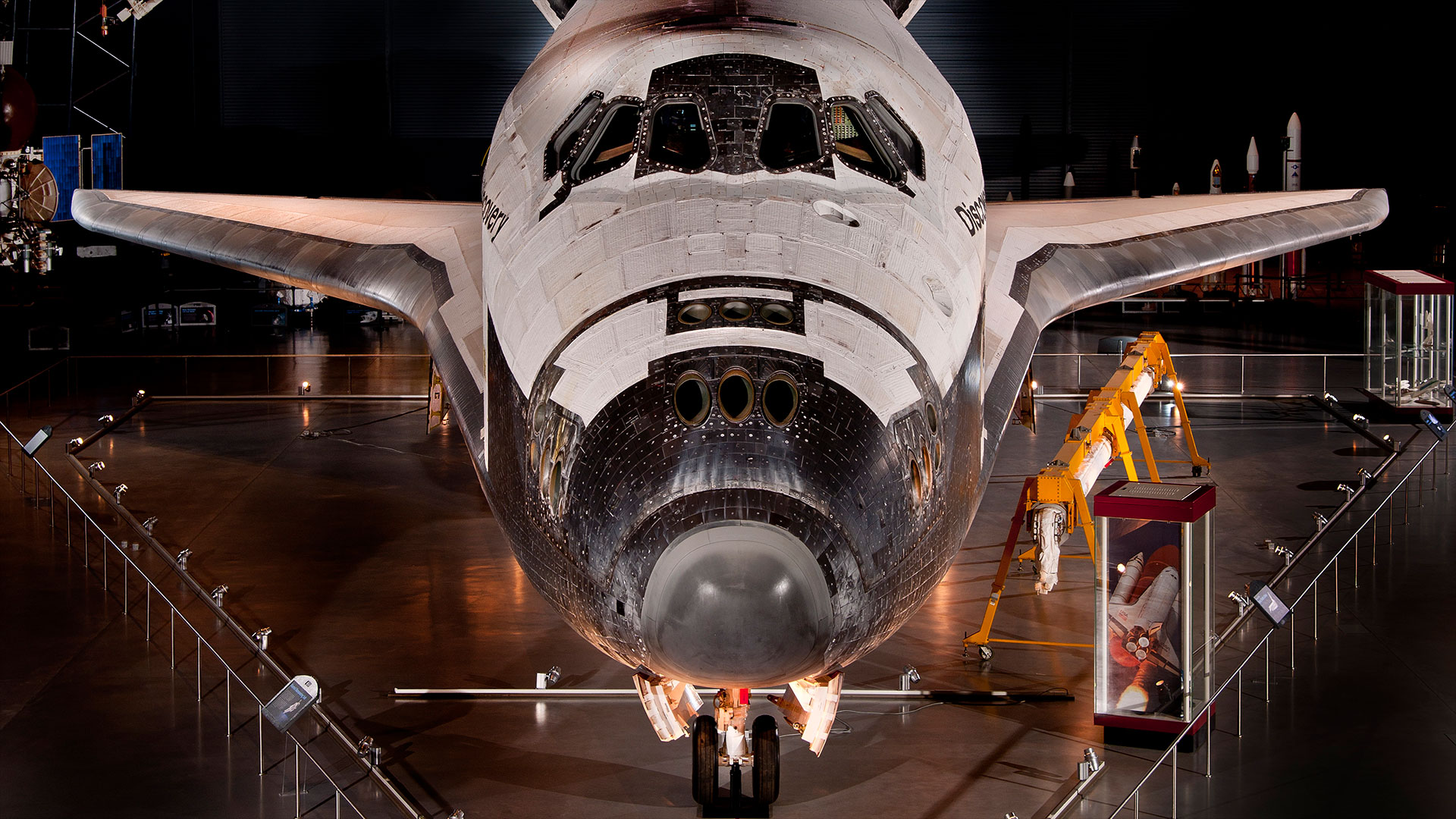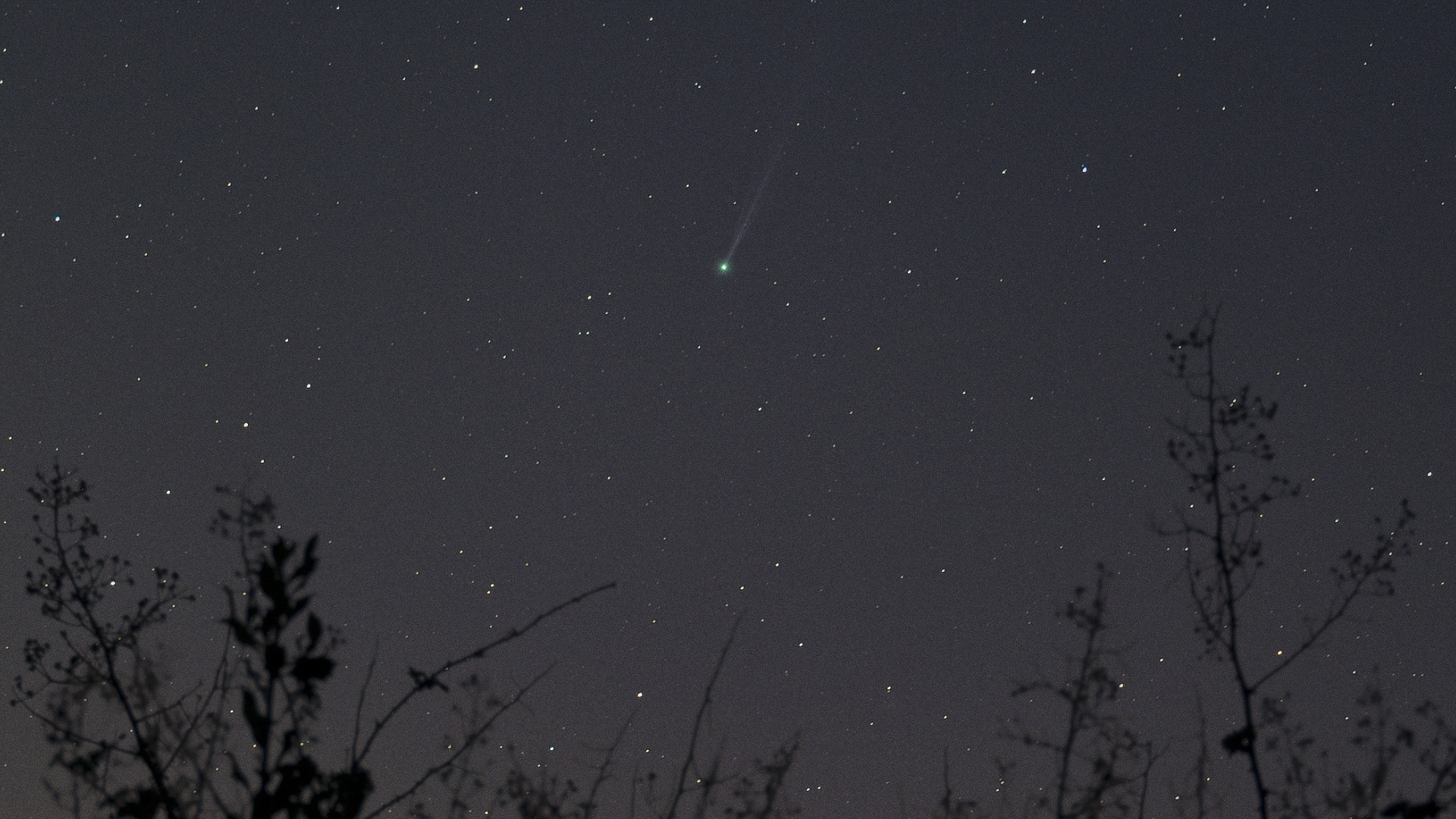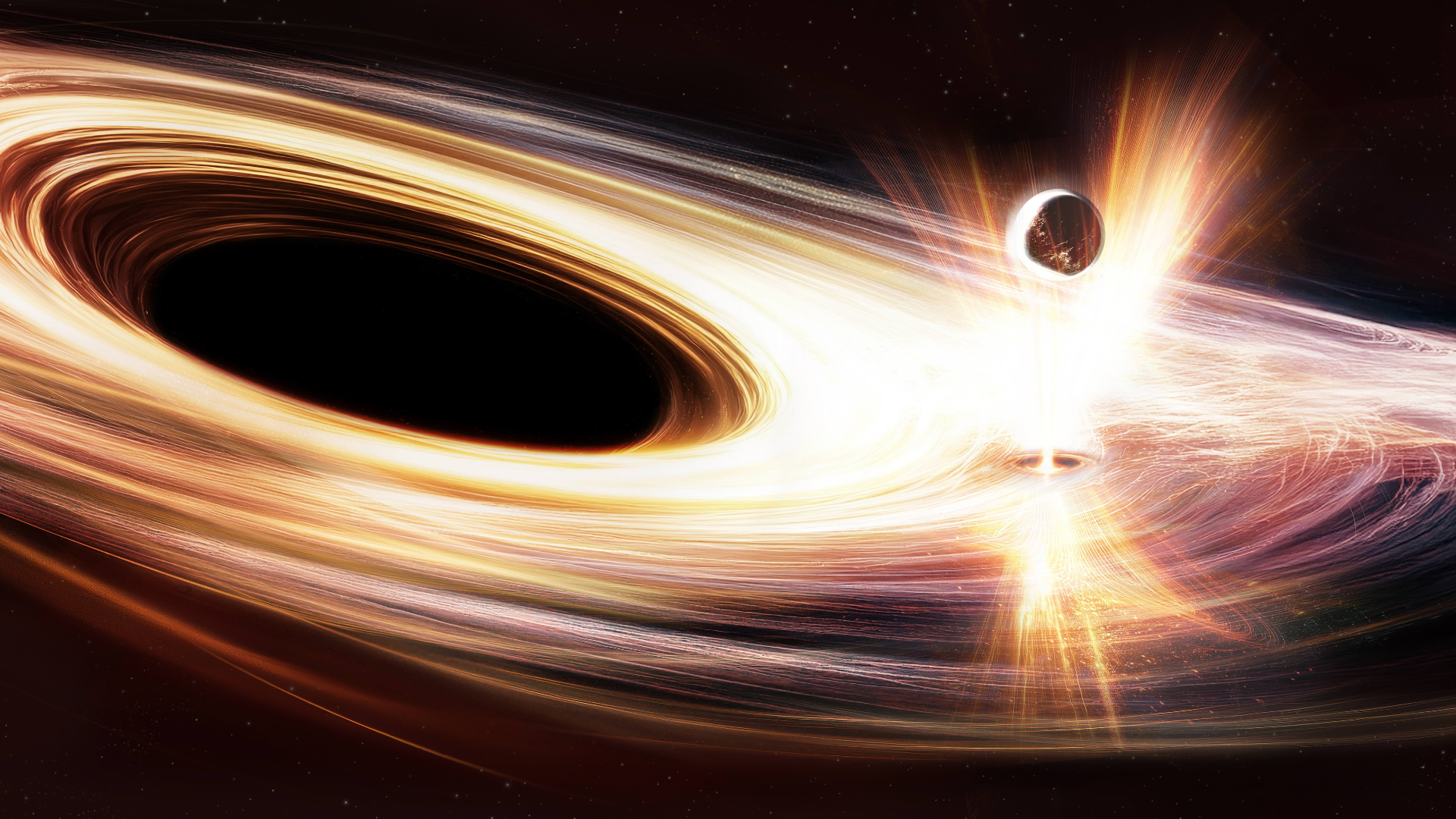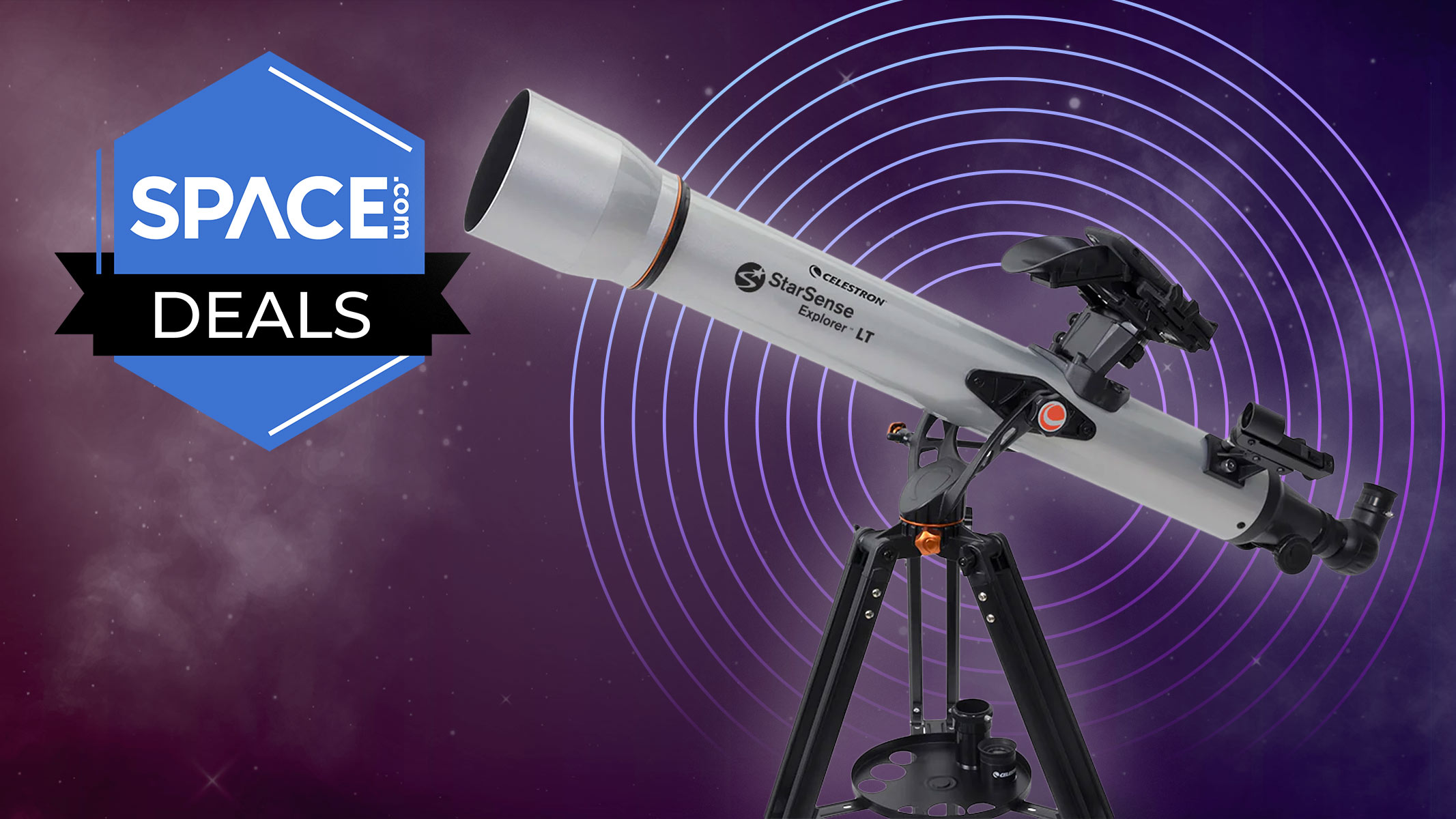US needs 'orbital interceptors' to win a war in space, Space Command chief says
"We call these weapons, and we need them to deter a space conflict and to be successful if we end up in such a fight."

COLORADO SPRINGS, Colo. — It all goes back to Ronald Reagan.
At the Space Foundation's 40th annual Space Symposium here, Space Force Gen. Stephen N. Whiting, commander of U.S. Space Command, addressed attendees in front of images of the "Brat Pack" movies and Michael Jackson videos of the 1980s. According to Whiting, this era was when the first version of U.S. Space Command was formed and when the U.S. military began to seriously consider how to fight and win a potential war in space due to the "the threats we saw back then in the space domain."
Fast forward to today, and Whiting says the need for warfighting capabilities in space remains as important as ever. While the U.S. military has historically shied away from openly discussing placing weapons in space, Whiting told attendees at Space Symposium in no uncertain terms that the United States needs "orbital interceptors" to project its military power in space.
"And what do we call these?" he said. "We call these weapons, and we need them to deter a space conflict and to be successful if we end up in such a fight."
Whiting said that "space superiority capabilities" or "integrated space fires" are one of Space Command's most pressing priorities. U.S. Space Command, headquartered at Peterson Space Force Base in Colorado, oversees the space-based warfighting capabilities across the entire U.S. military, including the Space Force.
Related: What is the U.S. Space Force and what does it do?
Space Force leaders have been pressing for more space-based weaponry in recent years, although it has been rare to hear top brass openly call them such; historically, these technologies have been referred to as "space superiority" capabilities.
Get the Space.com Newsletter
Breaking space news, the latest updates on rocket launches, skywatching events and more!
According to the U.S. Air Force, space superiority is "the degree of control in space of one force over any others that permits the conduct of its operations at a given time and place without prohibitive interference from terrestrial or space-based threats." In other words, it refers to projecting military power in space in order to protect satellites and other assets in orbit.
But Whiting went one step further today, speaking openly about weaponry in space. China, the general said, has "accelerated their terrestrial and on-orbit space weapons, expanded their space-enabled kill chains and are moving at breathtaking speed."
"In fact, I now say they're moving at jaw-dropping speed," Whiting added.
This is a refrain Space Force leaders have been repeating for some time now. At last year's Space Symposium here in Colorado Springs, Whiting told attendees that China is "moving at a breathtaking speed" with regard to its on-orbit spying and intelligence capabilities.
Earlier this month, Gen. B. Chance Saltzman, Chief of Space Operations for the U.S. Space Force, told Congress that China is developing the manufacturing and research infrastructure to "iterate rapidly and seize dominance in space."

But despite the push for additional and more capable space weapons to fend off competition from an ambitious Chinese military, Whiting stressed that peaceful exploration and use of space is Space Command's desired outcome and that war in space "is not inevitable."
Whiting concluded by adding that he hopes to see the first humans walk on Mars during his lifetime, and that his one-year-old grandson might see a human settlement on the Red Planet someday. "But this incredible future won't happen on its own," Whiting added.
"It's one we must safeguard, shape and defend together to not only protect our interests in space, but also to protect that future which is coming."
Join our Space Forums to keep talking space on the latest missions, night sky and more! And if you have a news tip, correction or comment, let us know at: community@space.com.

Brett is curious about emerging aerospace technologies, alternative launch concepts, military space developments and uncrewed aircraft systems. Brett's work has appeared on Scientific American, The War Zone, Popular Science, the History Channel, Science Discovery and more. Brett has English degrees from Clemson University and the University of North Carolina at Charlotte. In his free time, Brett enjoys skywatching throughout the dark skies of the Appalachian mountains.
You must confirm your public display name before commenting
Please logout and then login again, you will then be prompted to enter your display name.









